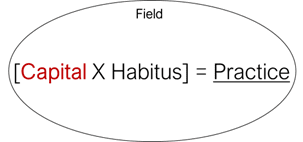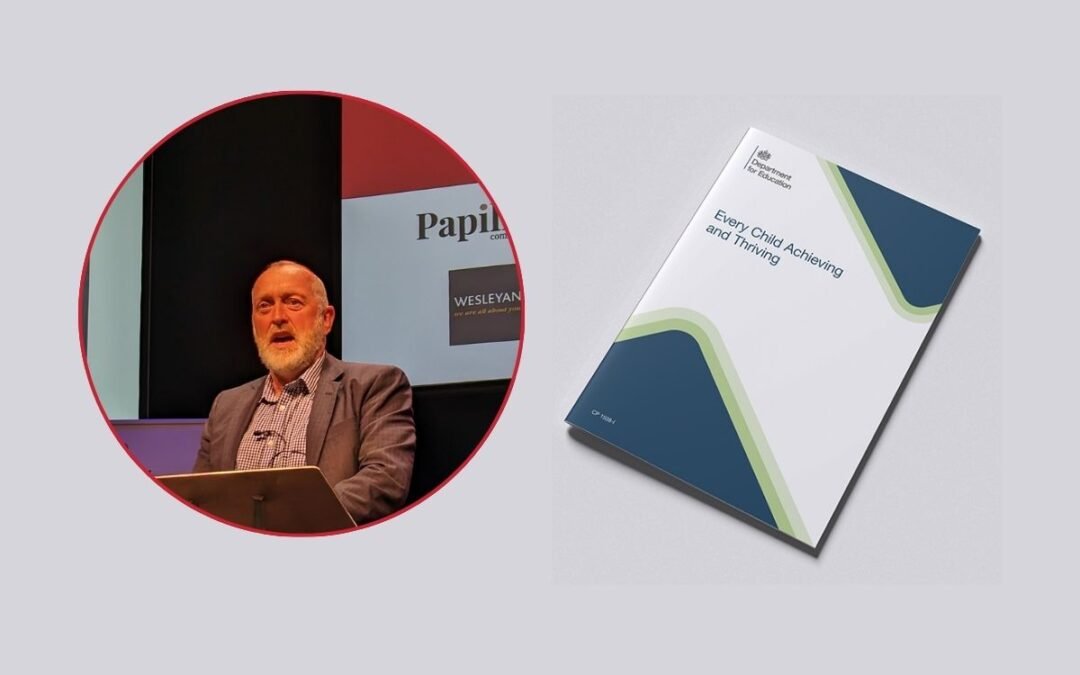 Kate Davies is the CEO of White Woods Primary Academy Trust, a Primary-only trust based in Rotherham. She is also a member of Forum Strategy’s National #TrustLeaders CEO Network. White Woods serves a range of diverse communities and is proudly values-led. Kate has previously worked as a Headteacher across all phases in Yorkshire and the NE and is in the fourth year of her PhD which is focused on the role of CEOs.
Kate Davies is the CEO of White Woods Primary Academy Trust, a Primary-only trust based in Rotherham. She is also a member of Forum Strategy’s National #TrustLeaders CEO Network. White Woods serves a range of diverse communities and is proudly values-led. Kate has previously worked as a Headteacher across all phases in Yorkshire and the NE and is in the fourth year of her PhD which is focused on the role of CEOs.

In the rapidly evolving landscape of English education, trusts have become central actors. The role of trust CEOs is a complex mix of moral leadership, strategic clarity, operational efficiency, and the stewardship of culture across diverse school communities among many other things. So many CEOs work with extraordinary commitment, often in challenging contexts, and are guided by a deep moral purpose. Yet, as the system has become more structured, competitive, and dominated by external metrics, there is a risk that leadership practices, however well-intentioned, become shaped by forces we do not fully see or name.
This article draws on Pierre Bourdieu’s concept of field theory to offer a lens from a fellow CEO through which trust leaders might reflect and explore these forces, drawing on their own positioning and practice. The aim is not to critique or undermine, but to gently provoke a more reflexive stance. It is an invitation to see ourselves not only as moral agents within the system, but also as products of it.
Understanding ‘Field Theory’
Bourdieu’s field theory posits that society is made up of multiple overlapping “fields”, structured social spaces such as education, politics, or the arts, each with its own rules, power dynamics, and ways of valuing people and practices. Within each field, individuals and institutions occupy positions based on the amount and type of capital they possess. This capital may be economic (money and resources), cultural (qualifications, knowledge), social (networks and relationships), or symbolic (prestige, legitimacy).
Crucially, Bourdieu emphasised that fields are not neutral. They are arenas of struggle in which agents compete to preserve or improve their position, often unconsciously reproducing the very structures they may seek to challenge. The concept of doxa, the taken-for-granted beliefs and assumptions that dominate a field, helps explain why certain practices become “common sense” while others are marginalised.


